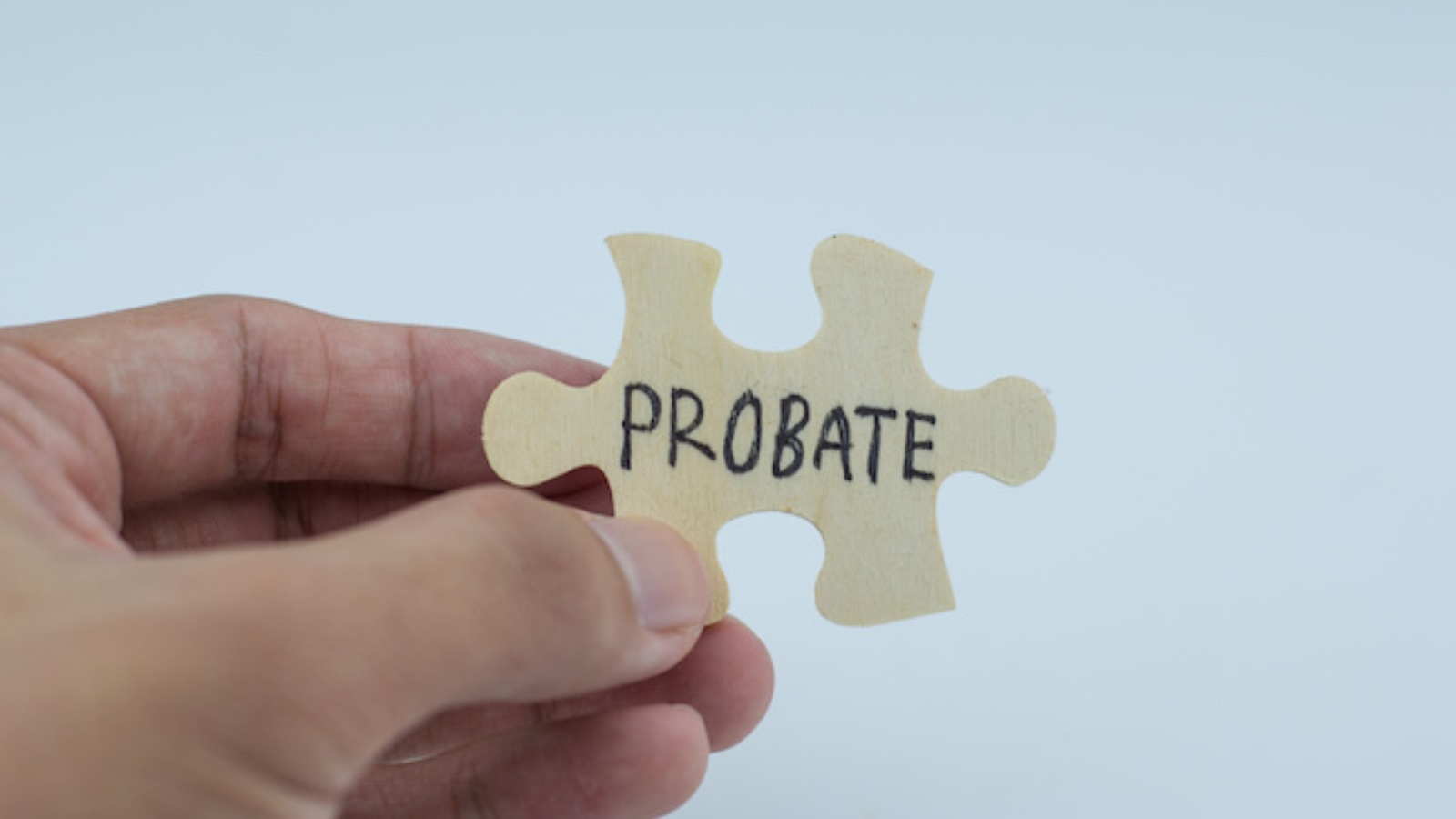When someone dies, their legal and financial affairs are finalised through the process of Probate and Estate Administration. The amount of work involved depends on what they owned and what they owed when they died.
Obtaining a Grant of Probate is the process of getting legal authority from the Probate Registry to administer the estate of someone who has died. In this article we look at how this works in practice, including whether Probate is needed at all, how it is obtained and what happens when there is no Will.
Who obtains the Grant of Probate?
The Grant of Probate is normally obtained by those appointed as Executors of the deceased’s estate in their Will. It is the Executors’ job to share out the estate as stipulated by the deceased and to carry out any final wishes in their Will.
If there is no valid Executor named (for example if they have died), or there is no Will, someone must be appointed the Administrator of the estate. The process is then known as applying for Letters of Administration rather than Grant of Probate, but the end result is the same in that the estate can be properly administered.
Is a Grant of Probate actually needed?
In some simple circumstances Probate isn’t needed:
- if the estate is worth less than £5,000
- if the deceased owned everything jointly with someone else (as the ownership automatically transfers to them on death)
Some banks will allow accounts of more than £5,000 to be closed without a Grant, but there is no industry-wide agreement so each has different limits.
How to apply for a Grant of Probate
Register the death
If it has not already been done, you will need to register the death. This must be completed within 5 days. A death certificate will be issued, and it is advised to buy extra official copies at this stage as you will need to send them off to the various institutions that you will inform of the death. You will not be able to use your own photocopies. It is quicker and cheaper to buy them when registering the death than to order extra official copies later.
Value the estate
To apply for a Grant of Probate you will have to value the size of the estate. To do this you will need to go through the deceased’s personal information to establish their assets and liabilities and arrive at a net value.
For most estates, this is straightforward but may be more complex if the deceased had multiple investments, properties, overseas assets and personal belongings.
To establish the asset and liability values you will need to contact:
- Banks – for cash assets and accounts
- Lenders – for mortgages, credit cards and loans
- Fund managers/Stockbrokers – for shares, bonds, and other investments
- Pension providers – both private providers and the DWP for state pensions
- Government departments – for personal tax, council tax, fines etc
- Institutions owed any outstanding payments – tax, utilities, rent, other bills (e.g. funeral) etc.
Property valuation
Estates very often include a property, which will also need to be valued. This can be done by obtaining valuations from two or more reputable local estate agents who understand the market. If Inheritance Tax is likely to be payable, a written valuation by an estate agent or surveyor will make dealing with HMRC less complicated.
If the deceased left any valuable collectables such as antiques or watches it is best to have them valued by a professional for the same reason.
Currently the basic Inheritance Tax (“IHT”) threshold, or “nil-rate band”, is £325,000 of net assets. If the estate is valued below this amount, then there will not usually be any Inheritance Tax payable. Even if it is higher there may be other tax reliefs available depending on the deceased’s circumstances.
Once you have gathered all the deceased’s information you will need to:
- Complete and file Inheritance Tax forms
- File Probate forms
- Pay Probate fees – currently £273 in England and Wales regardless of the size of the estate
- Pay Inheritance Tax – this must be paid in advance, however, there are ways to manage this
- Avoid unwanted stress – place a deceased estate notice so you are not personally held liable for any of the estate’s unidentified debts
Administering the Estate
Once the Grant of Probate or Grant of Letters of Administration has been obtained, the Executors can begin gathering in the assets, paying the liabilities, and distributing the balance of the estate to the beneficiaries of the Will, or using intestacy rules if there is no Will. This is known as Estate Administration and is often the greater part of the work required.
Probate help from Backhouse Solicitors
At Backhouse Solicitors, we help many bereaved families through the Probate and Estate Administration process each year. Our friendly team of Probate solicitors can give you as little or as much help as you require, whether it’s a small bit of advice, obtaining Grant of Probate or taking all of the stress away with a full Grant of Probate and Estate Administration for you.
For more information, contact our expert team today to book a FREE 30-minute consultation to discuss your situation.
Tel: 01245 893400
Email: info@backhouse-solicitors.co.uk
Visit: 17 Duke Street, Chelmsford, CM1 1JU
Or send us a message through the Contact Us page on this website.






